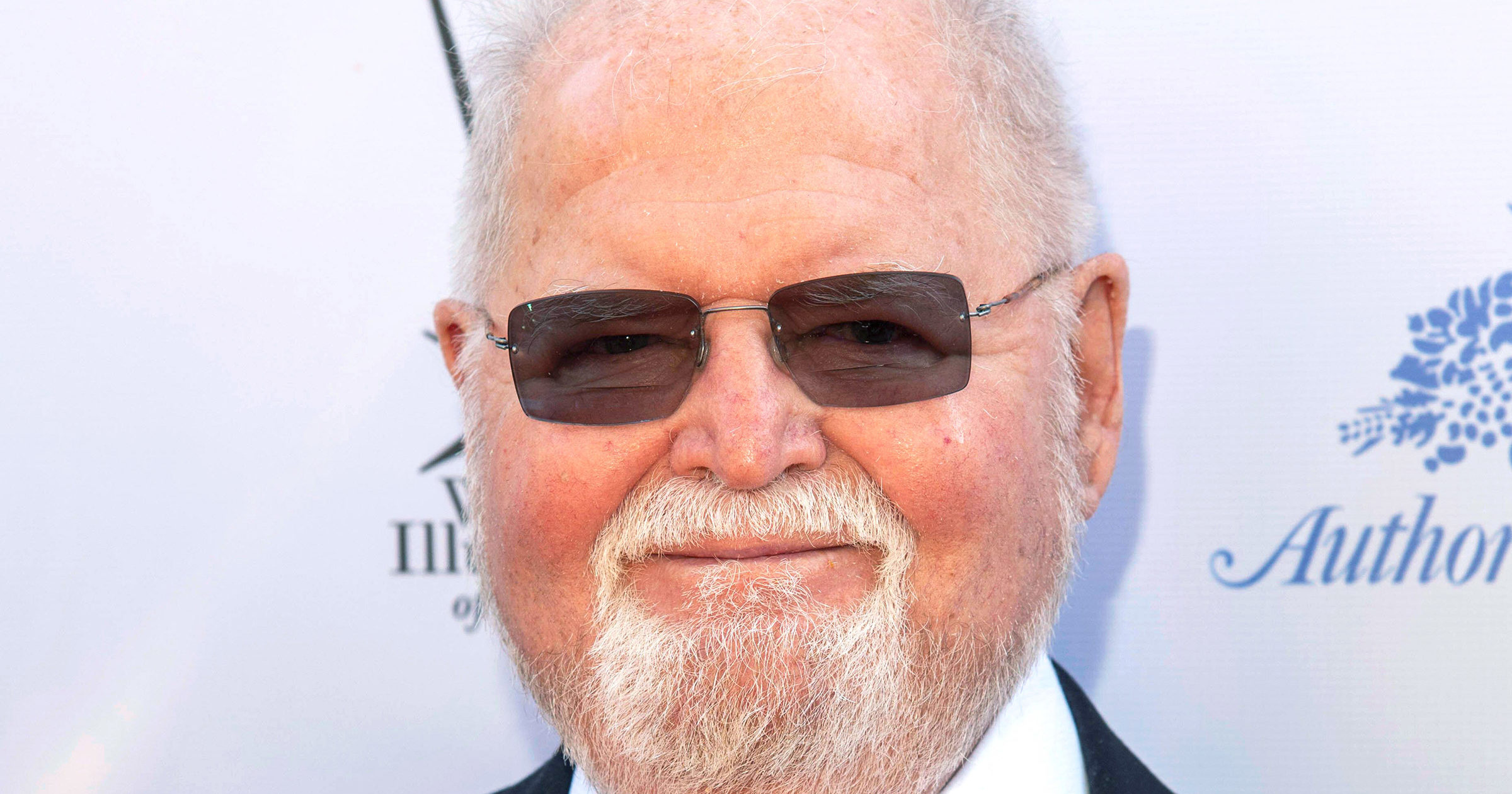
Larry Niven’s 1970 novel Ringworld is a beloved classic that received the Hugo, Nebula, and Locus awards. But science fiction author Rajan Khanna says the book has some major shortcomings for a modern reader.
“I think that what this novel becomes is basically two thought experiments that get sandwiched together,” Khanna says in Episode 505 of the Geek’s Guide to the Galaxy podcast. “The characters are there to help explain these parts of the thought experiments, but they don’t really—for me—become fully fledged, likable, relatable, or even interesting characters.”
Ringworld is currently being adapted for television by Akiva Goldsman, with Game of Thrones director Alan Taylor slated to direct the pilot. Science fiction author Mercurio D. Rivera thinks that Ringworld could make a great show, provided certain changes are made to the source material. “I could see this being turned into something really fantastic,” he says. “Because there’s no way they’re going to include some of the things that bothered us in the TV series—about the way that the female characters are treated. That’ll be fixed. And the setting will be phenomenal. They just need to come up with a better plot.”
A major story element in Ringworld is the idea that one of the characters, Teela Brown, has been bred to be psychically “lucky.” Geek’s Guide to the Galaxy host David Barr Kirtley says that’s one detail that the show will probably want to change. “I feel like the genetically engineered luck thing is just barely believable in prose form, and I think if you had actors talking about it, it would come across as completely ridiculous,” he says.
Another major challenge for the show will be portraying Nessus, a two-headed, three-legged alien called a “Puppeteer.” Science fiction author Abby Goldsmith thinks that rather than using CGI, the show should make Nessus a literal puppet. “They should get the Henson workshop,” she says. “It’s basically a Muppet.”
Listen to the complete interview with Rajan Khanna, Mercurio D. Rivera, and Abby Goldsmith in Episode 505 of Geek’s Guide to the Galaxy (above). And check out some highlights from the discussion below.
David Barr Kirtley on the Known Space universe:
When I started reading [Ringworld], I was totally into it. I was like, oh yeah, I remember all this stuff from when I was a kid, when I read books like The Man-Kzin Wars, which gets referenced pretty heavily in the early chapters of this. One of my favorite science fiction stories is called “Neutron Star.” Niven has this character named Beowulf Schaeffer, who’s an adventurer and goes exploring. In the second Beowulf Schaeffer story, which is called “At the Core,” he flies to the center of the galaxy and reports back that the galaxy is exploding … So I remember reading all that stuff as a kid, and all that stuff is referenced in this novel, so I was so excited reading the early chapters of this.
Mercurio D. Rivera on world-building:
The beginning chapters are very strong. It’s a master class in world-building. I realize that this book is called Ringworld, and later on he literally creates a world, but the figurative world-building in those first chapters—he does it through the lens of our protagonist Louis Wu‘s 200th birthday party. He’s hopping around the planet using the transfer booths to celebrate in all different parts of the world, and that’s a terrific device to show us that future. It’s a homogenous future, where because of these transfer booths, all cultures have kind of disappeared—the distinctions have been sanded down. So there’s this homogeneity that exists that has created this restlessness, at least in our protagonist Louis Wu. So I thought that was brilliant.
Abby Goldsmith on Teela Brown:
Teela, objectively, is not all that lucky. It’s something that’s told repeatedly but very rarely shown. She ends up with a man who resents and fears her, who doesn’t mourn her when he believes she’s dead—that’s Louis—then she ends up with a barbarian who treats her like a slave. She falls, she hits her head, she gets mobbed, she has to be rescued repeatedly. So objectively she’s not all that lucky, and you have Louis arguing that any bad thing that happens to her is to make her mature and grow up, and so therefore it’s part of her luck factor. But to me that’s his own insecurity. He’s afraid of a woman who’s more powerful or smarter than he is. So to me he comes across as a very unreliable narrator.
Rajan Khanna on female characters:
There are two female characters of any note in this book. One is infantilized and naive to the point of idiocy, the way she’s described, and the other is a literal whore … [Louis] tells Prill, “Oh, if you come back with me, we don’t have bald women, so you’re going to have to wear a wig.” And it’s like, that’s a big deal? If they’re so sexually free and whatever, why should that matter? That blew my mind, because this whole supposedly free sex future then becomes very conservative and based in traditional gender norms. They talked in the beginning about how they could change their faces and their skin colors and their hair, and that one line, I was like, “Really? What’s going on here?”
More Great WIRED Stories
Go Back to Top. Skip To: Start of Article.
